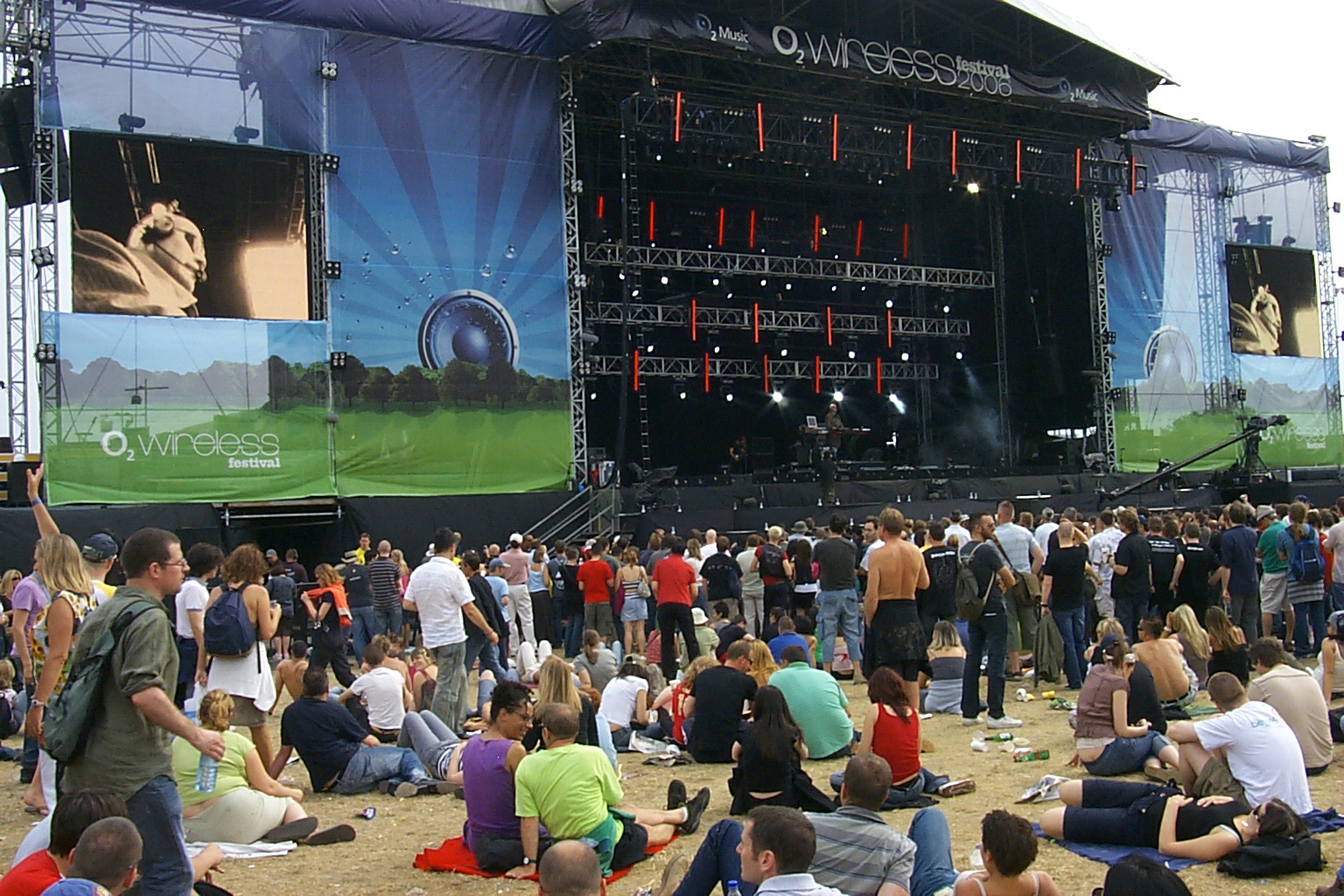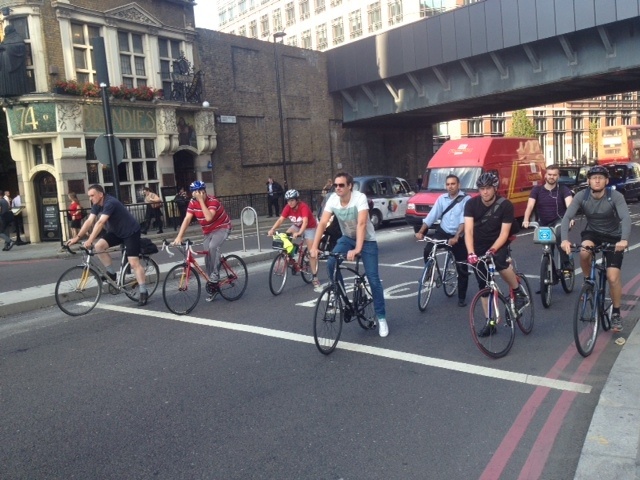CrowdJustice’s weekly roundup of law, news and legaltech. This week we discuss the right of free access to public spaces and why most lawyers advise picking trial by jury in cases involving road traffic accidents.

cacophonyx on Flickr.
Matter of perspective: the council charging runners to access public areas and the Finsbury park case
Should runners be charged to enter a public park? This issue sparked a debate this week when Stoke Gifford Council in South Gloucestershire decided to impose a £1 charge on each of the 300 participants of the weekly run that takes place in a local park. The Council claimed that the charge was necessary to cover the maintenance costs for the park, as the run causes “extra wear”. However, the event's organisers have strongly objected to this, quoting the right to “free access to public spaces” - and so far popular support appears to lean toward the runners.
A case on CrowdJustice also revolves round access to a park, but taken from a different perspective and on a slightly different scale. A group of Finsbury Park residents want to stop Wireless Festival, a music festival which takes place in the park every summer and boasts more than 50,000 attendees, from taking place this year. The group says that it causes an untenable level of damage, noise, and antisocial behaviour in the streets surrounding the park and have raised more than £5,000 so far to take the case forward.
At first glance it seems the two stories couldn't be more different - one wants an event in a park to happen, the other for it not to! Clearly, however, the principle of “free access and enjoyment” of a public space is what both hinge on and it will be interesting to see how this is interpreted.

Are London road fatalities a matter for juries?
Cycling fatalities are a frequent occurrence on London’s roads. A recent case in which a lorry driver was acquitted after killing a cyclist put this under the spotlight again, asking the question: Is the legal system is equipped to deal with these kind of accidents?
A study run by the BBC that collected data from 2007 to 2014 shows that of drivers convicted of killing a cyclist, 70% received a driving ban and 44% received a prison sentence of on average 2 years.
Martin Porter QC recently argued in the Guardian that when defendants accused of driving offences have the option of trial by a magistrate or by judge and jury – the jury option should be removed.
He notes that there are different sentencing options available to magistrates (where the maximum penalty for dangerous driving or causing death by careless driving is six months in prison) and trial by judge and jury (up to five years). But, he says, many lawyers will advise their clients to opt for juries, which have a more lenient record of convicting drivers - especially if the victim is a cyclist or a pedestrian.
These inconsistencies can seem unjust - but merely conducting the analysis on a legal level is not enough. What is likely to decrease the number of occurrences? Harsher punishments, better informed juries or rather more ubiquitous cycling lanes or shared spaces for cars, cyclists and pedestrians? This is as much an issue for road safety policy as it is for the law.
Enjoyed this? Check back every week for a new round-up. If you'd like to know more about crowdfunding legal cases, drop us a line at [email protected]
Have a legal case that could benefit from crowdfunding?